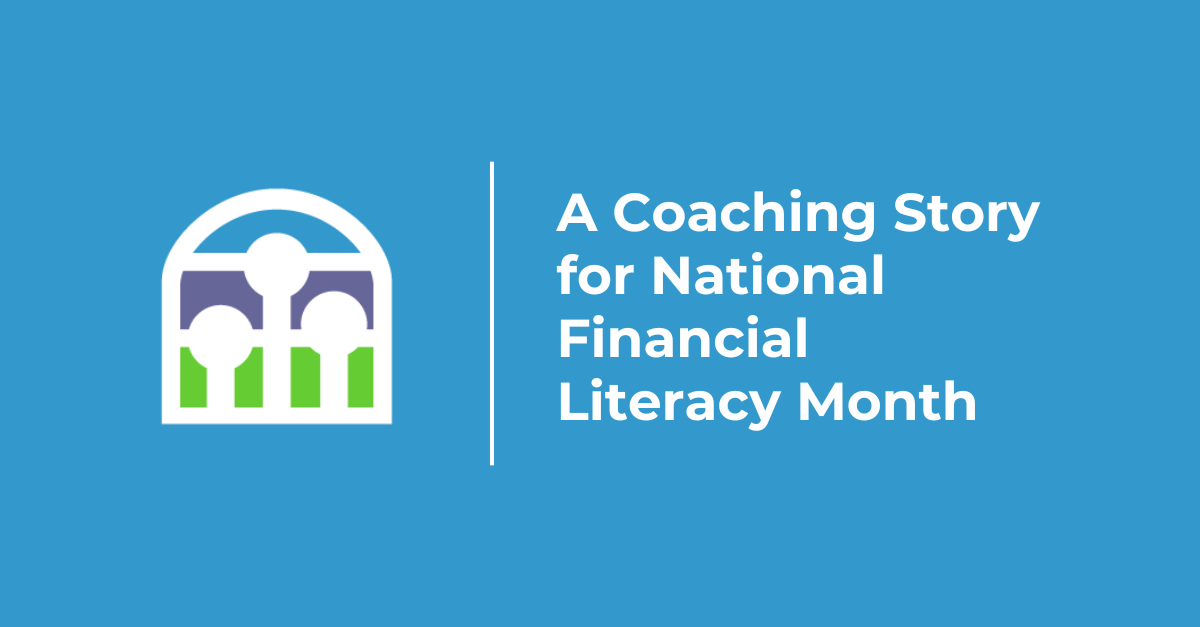Written By: Capital Good Fund Financial Coaching Team
Athletes, actors, and singers aren’t the only ones who could benefit from the guidance and help a coach can provide. Many people could also use some assistance planning their finances. Working with a financial coach, through a financial institution such as Capital Good Fund, can help you take on whatever financial challenges you face at a very low cost. It can be anything from wanting to save money for a down payment on a home to improving your credit score to working out a plan to pay off unwanted debt.
A good financial coach combines sound financial knowledge with the people skills of a teacher or a social worker. They are not there to sell you a product because that would be a conflict of interest. The coach is there to listen and build a trust-based relationship with you to help you achieve your financial goals. Financial coaches work with you to teach skills that help you to achieve financial independence in addition to your other goals, empowering you to build a brighter future. Your coach takes a holistic approach to creating solutions that lead to financial well-being. For example, for clients experiencing food insecurity, coaches can share information to sign up for the Supplemental Nutrition Assistance Program (SNAP) or to find a local food pantry.
There are many reasons people are reluctant to work with a financial coach. Some hesitate because of the cost. With Capital Good Fund, the first coaching session is free, and it costs $15 per month for a year. Collaborating with a financial coach has the potential to save you several times that amount in addition to reducing your stress level. Another concern is fear of judgment. Some may be embarrassed about asking for help for something that they feel they should be able to handle themselves. However, financial coaching can be beneficial for people of all income levels. The coach is not there to judge you but wants to help you create a long-term plan for financial wellness and to connect you with any necessary resources. Others may be worried that disclosing their financial information could jeopardize their legal situation, such as their immigration status. Your financial coach will keep your information confidential.
At the first meeting with a financial coach, it’s a good idea to bring a bank statement from the previous month, so the coach can go over your expenses and learn more about your priorities. Your coach will talk to you about your necessities, your spending habits, and your goals. Together you and your coach will use that information to set up a budget, which you should review at the end of each pay period.
It’s important to note that a financial coach isn’t the same thing as a financial advisor. A financial coach can’t help you manage your money or recommend investments. That requires special training and the right certifications. However, a coach can connect you with a certified financial advisor. Consider giving financial coaching a try. It’s like an investment in yourself that not only can maximize your money but can give you the peace of mind that comes with having control over your finances. Capital Good Fund has several financial coaching options and would be happy to connect you with a coach at a day and time that is convenient for your schedule. For more details visit our website.



